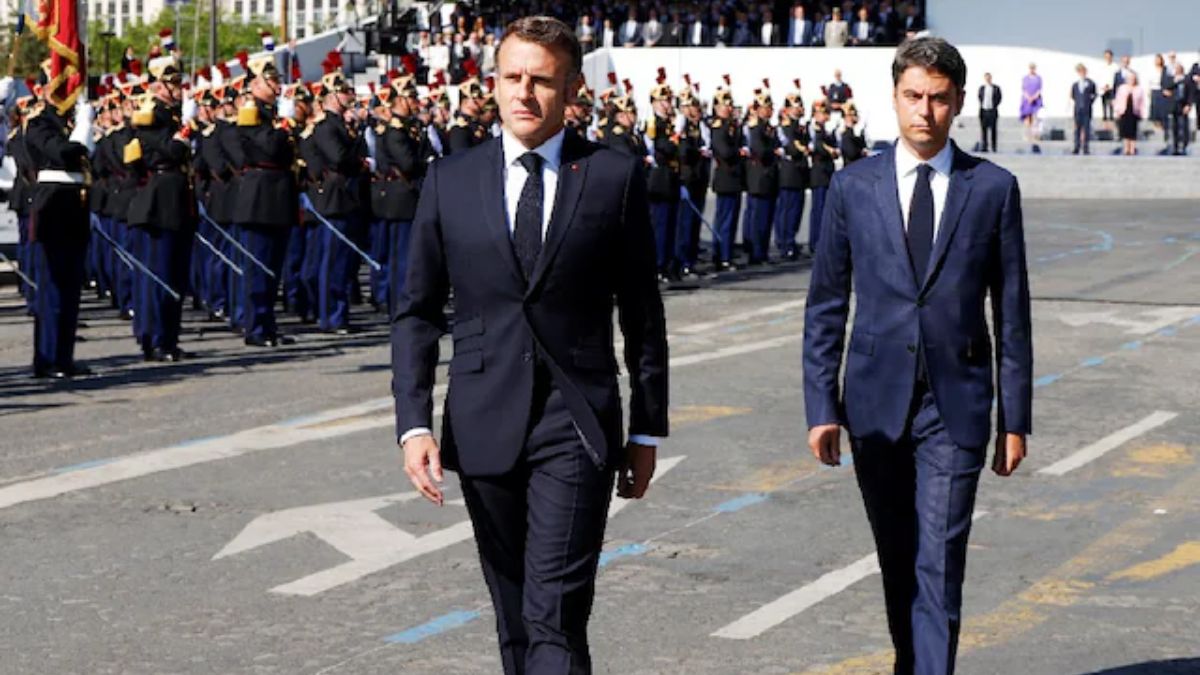France’s leftist New Popular Front coalition finally named its candidate for prime minister on Tuesday (July 23). The alliance, which secured the largest number of seats in parliament during this month’s snap elections, proposed Lucie Castets, a little-known financial crime specialist, for the position.
An hour later, French President Emmanuel Macron appeared in an interview with the national public broadcaster France 2, dismissing the coalition’s effort. Macron stated that his outgoing government would remain in place until mid-August while France hosts the Olympic Games.
Olympics organisation behind Macron’s decision
Since the election, France has been in a state of parliamentary deadlock. No party won an outright majority of seats in the lower house of parliament, resulting in a fragmented assembly divided into three broad blocs.
So why is Macron passing over this chance to break the deadlock?
He claims it is crucial to maintain order during the impending mega-sporting event. “Of course we need to be concentrated on the Games until mid-August. […] Until mid-August, we’re in no position to change things, because it would create disorder,” Macron said during the interview.
The Olympic Games in Paris, running from Friday to 11 August, pose a significant logistics and security challenge for France, with 35 venues and an estimated 10,500 athletes.
Impact Shorts
More ShortsThe outgoing government will act as a caretaker, handling day-to-day matters without the ability to pass new legislation.
Outrage among leftist party
Macron’s decision has sparked anger among members of the leftist coalition. Marine Tondelier, national secretary of The Ecologists, one of the parties in the group, said Macron “must come out of denial”. “We won, we have a programme, we have a prime minister,” she wrote on X. “Our voters now expect the social justice and environmental justice measures they asked for to be put into practice.”
According to the French constitution, it is up to the president to name a prime minister, leaving the leftist coalition unable to force Macron’s hand. Instead, the president urged political parties to work on forming a broader coalition. He stated he would seek to appoint a prime minister with the “broadest backing possible”, according to the BBC.
With inputs from Reuters


)

)
)
)
)
)
)
)
)



